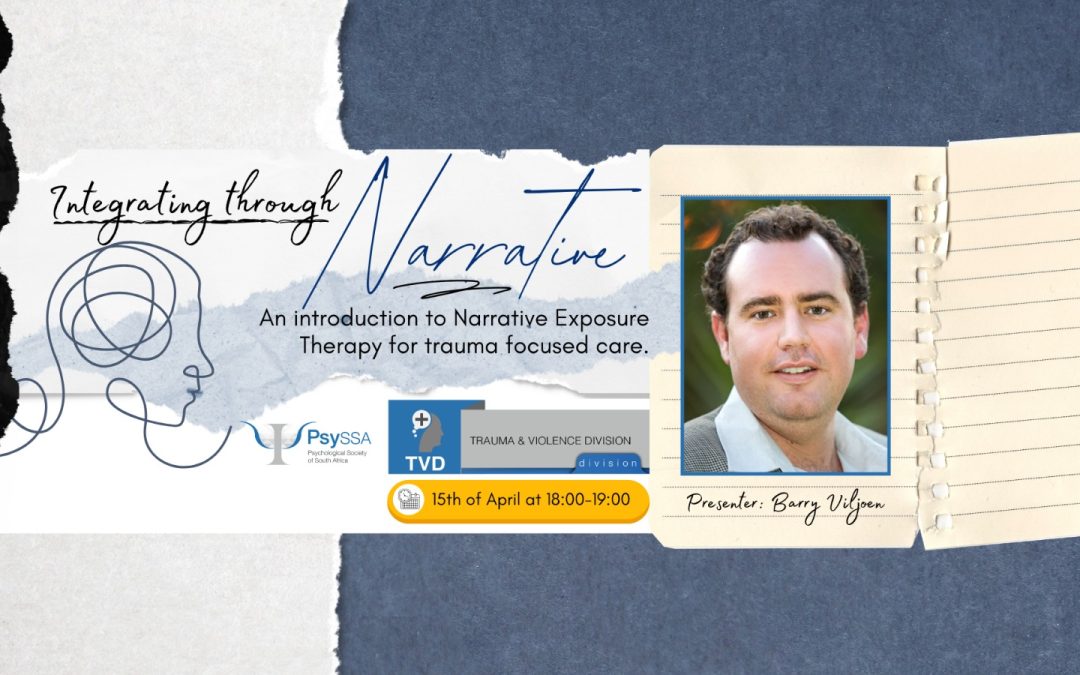Role of Faith based leaders in the Protection of Women and Children
Author: Dr.Guru Kistnasamy
Historically the interpretation and misinterpretation of the scriptures of various Faiths together with its practice and implementation by Religious Leaders, resulted in the abuse or the protection of the vulnerable amongst us, women and children.
In ancient times women and children were considered dispensable and were even killed in the form of sacrifices in various parts of the world. In India, there was a time when widows were burnt to death after the death of their husbands. This conceptualization of the vulnerable coupled with a patriarchal attitude, served to keep women and children in servitude.
Today we find a similar attitude that results in the rape and sexual molestation of women and children by men. What is shocking today is that we find that these perpetrators are men entrusted with the protection of these victims.
A few recent examples of Faith Leaders accused of abusing their so called “sacred” positions include:
- Timothy Omotoso accused of 32 counts of rape, human trafficking, and racketeering. He was acquitted by the Justice System. Now the Minister of Justice is asking for an enquiry.
- A prominent Bishop accused of raping and sexually assaulting members of his congregation. The trial is continuing.
- A Hindu priest accused of raping a 12 year old boy appeared in the Tongaat Court.
- A Hindu priest accused of intimately touching a devotee appeared in Verulam Court.
- 2 boys alleged a Moulana raped them in Germiston.
Prevalence of Gender Based Violence in South Africa.
An article published in the journal of Social and Development Sciences in 2024, revealed that 55.38% of respondents reported being victims of violence in places of worship.
A fact sheet on “Baseline Survey on Victimisation and Perpetration” issued by the HSRC in 2024 indicated the following:
Lifetime physical and/or sexual violence of women aged 18 years and over: 35.5%, translating into 7,847.438 women.
According to Statistics South Africa, we have the highest rate of femicide in the world. One out of four women have experienced GBV, and one out of three children have experienced physical violence and sexual violence before they turned 18. (Ref. “Gender-based violence as a destructive form of warfare against families, a practical theological response-2023”).
Psychological Aspects of Religious Abuse.
Psychological Abuse refers to psychological manipulation and harm inflicted on a person by using the teachings of their religion. It is often directed to children and emotionally vulnerable adults. The abuse may result in mental health issues such as depression, phobias, dissociative disorders, paranoia, anxiety, and insomnia The victim may not report the matter because of guilt, shame, fear of being ostracized or losing a privilege.
What is Spiritual Abuse
Spiritual abuse has been expressed as an exploitation of spiritual authority to manipulate, control, use or harm others through means such as shame, fear and indoctrination. Examples may include sexual abuse, extortion of money, suicidal attempts and even suicide. Spiritual abuse is said to support other forms of GBV.
What can Religious Leaders do to Protect the Vulnerable?
Concerns of the public were raised at government level about abuse in religious institutions and by their leaders. In 2017 Hearings were held in Parliament where submissions were made by 18 religious organisations on the recommendations and proposals of the Commission for the Promotion and Protection of the Rights of Cultural, Religious and Linguistic Communities.
This clearly indicated that there must be some form of regulation of religious institutions through mandatory registration, licensing, and monitoring.
Religious communities need to actively promote the equality and protection of genders. Places of worship are ideally suited for this discourse. Various sources of literature point us in the right direction in achieving this goal.
The Interfaith GBV Prevention and Mitigation Strategy 2024-2030 is the result of a national consultation process of scholars, activists and leaders. It was strengthened by the We Will Speak Out South Africa (WWSOSA). It includes partners from the following faiths: African Traditional, Baha’I, Brahma Kumaris, Buddhism, Christianity, Hinduism, Islam and Judaism. Their goal is to mobilize and equip the faith sector to address GBV more effectively.
The Interfaith GBV Prevention and Mitigation Strategy 2024-2030 was released in October 2024. The following is a summary of the commitments of the members of the faith sector in actively, intentionally and collaboratively supporting efforts to mitigate GBV by:
- Including spiritual abuse as a type of GBV;
- Being vocal and transparent about exposing GBV;
- Dismantling the culture where victims are silenced;
- Amplifying texts, traditions, rituals, ceremonies and symbols that promote dignity, gender equality and justice, and to change these where gender inequity or GBV is encouraged;
- Becoming integrally involved in South Africa’s multi-sectoral efforts to prevent or respond to GBV;
- Improving accountability measures and developing a joint policy to guide the sector’s work;
Conclusion.
It is important that leaders of all faiths subscribe to the principles of the Interfaith GBV Prevention and Mitigation Strategy 2024-2030 so as to address the problem of GBV as a united national front in South Africa.
Therefore it is equally important that there be a qualification, monitoring and regulating process for aspiring spiritual leaders to join the faith sector. This will minimize abuse of the vulnerable by leaders of faith.
25/04/2025.













